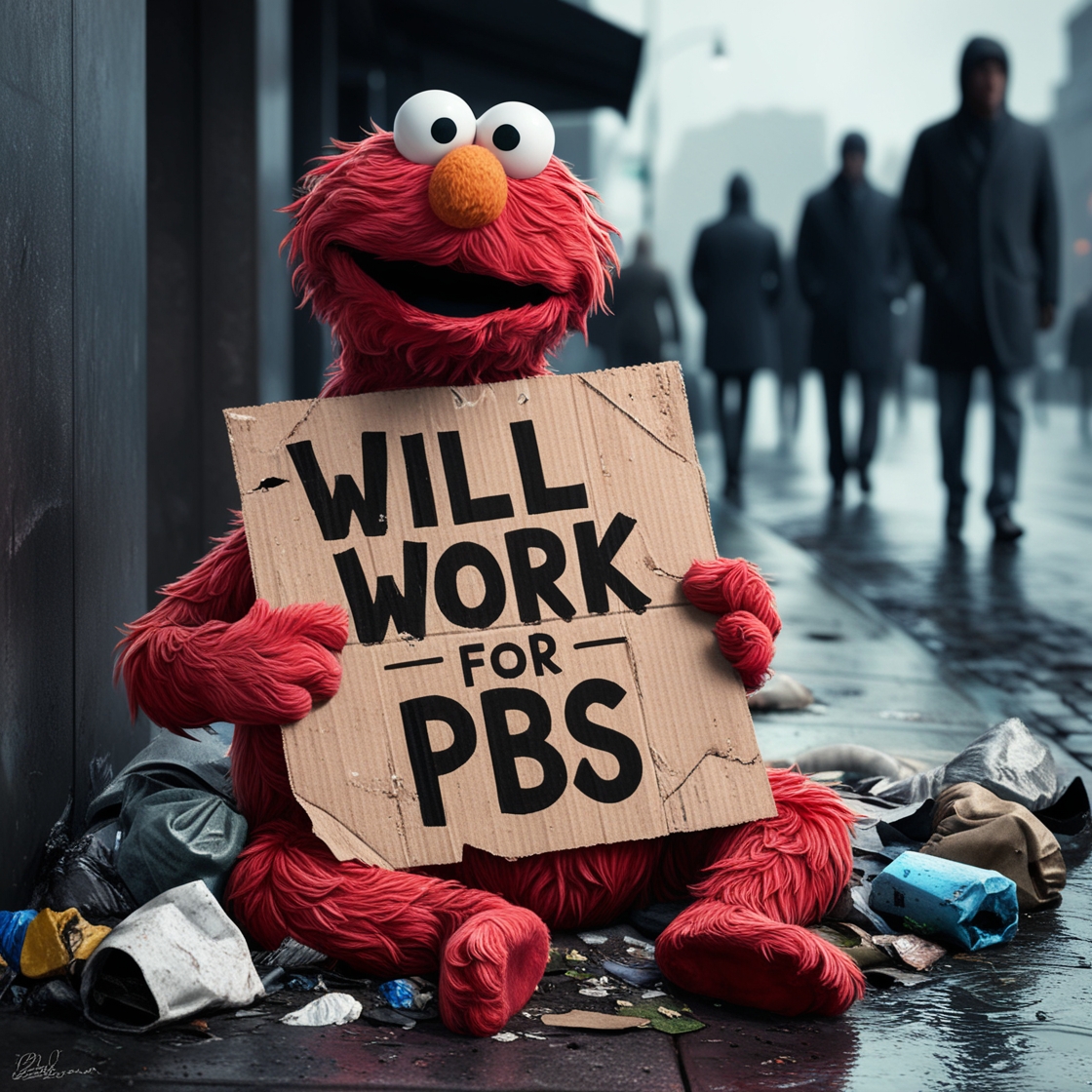Physical Address
304 North Cardinal St.
Dorchester Center, MA 02124
Physical Address
304 North Cardinal St.
Dorchester Center, MA 02124

There used to be an old adage that if you want to hide something from Black people, put it in a book. As a child growing up in the Southeast bottoms of Des Moines, Iowa, I defied that stereotype, even though reading wasn’t easy. With a learning disability, I still lost myself in distant worlds. However, through plays like Les Misérables, Othello, and Oliver Twist. Nature and history shows let me dive under the ocean or wander Victorian streets, all while sitting in Iowa. This is the power of PBS.
While other kids played video games, I was glued to public television. Degrassi Junior High mirrored the messy reality of teenage life. Anne of Green Gables made me laugh and dream. Nature documentaries flung open doors I couldn’t access in my segregated neighborhood, and Sesame Street taught me numbers alongside empathy. PBS didn’t just entertain. It educated, comforted, and connected me to a world beyond my own.
Now, that lifeline is at risk. One man’s ego could dismantle free broadcasting, leaving kids with fewer alternatives to hypersexualized cartoons and violent programming. The loss wouldn’t just be nostalgic. It would be generational. For children like I was, especially those with learning differences or limited resources, PBS isn’t a luxury. It’s a ladder. And we can’t allow that ladder to be pulled up behind us.